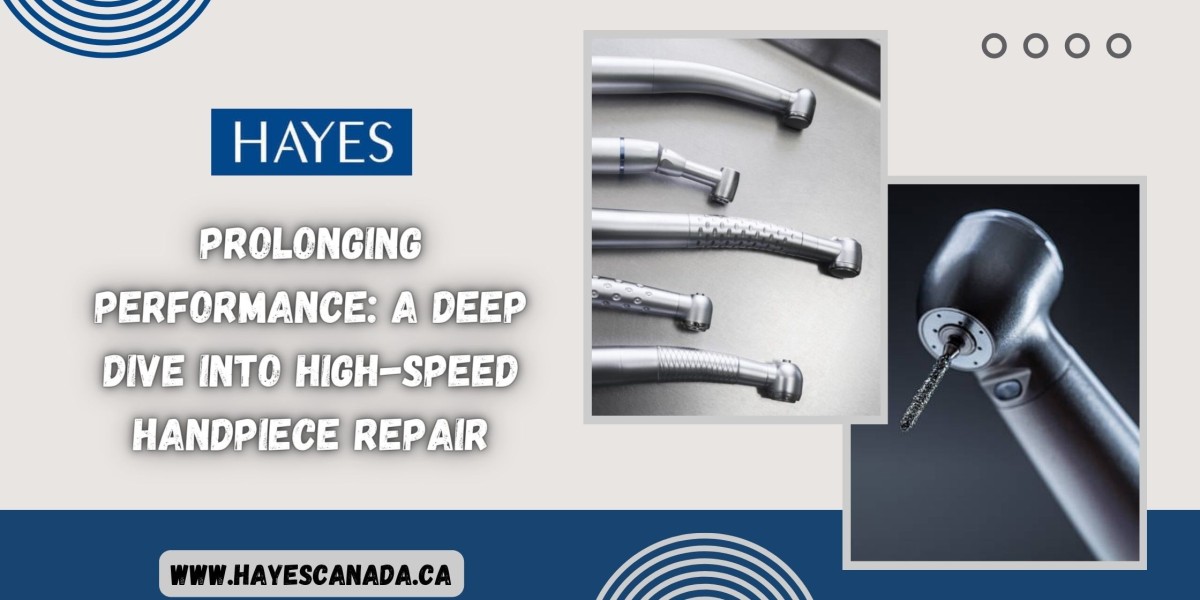High-speed handpieces are indispensable tools in the dental industry, enabling efficient procedures and precise work. However, like any mechanical device, they require regular maintenance and repair to ensure consistent performance and longevity. In this article, we will explore the intricacies of high-speed handpiece repair, emphasizing its importance in maintaining optimal functionality and enhancing the overall dental practice experience.
The Essential Components of a High-Speed Handpiece
To comprehend the repair process, it's crucial to understand the key components of a high-speed handpiece. These components, including the turbine, bearings, and air/water system, work together to deliver the high RPMs required for dental procedures. A malfunction in any of these parts can significantly impact the handpiece's performance.
Signs of Handpiece Dysfunction
Recognizing the signs of a malfunctioning high-speed handpiece is vital. Unusual noise, vibration, decreased rotation speed, or even overheating can indicate issues that require attention. Promptly identifying these signs can prevent further damage and the need for more extensive repairs.
Importance of Regular Maintenance
Preventive maintenance is the cornerstone of ensuring consistent handpiece performance. Regular cleaning, lubrication, and inspection can extend the life of the handpiece and mitigate potential issues. Dental professionals should adhere to manufacturer guidelines and schedule routine maintenance to prevent unexpected breakdowns.
Professional Repairs vs. DIY Fixes
While some minor issues might tempt dental professionals to attempt DIY repairs, it's essential to weigh the benefits of professional repairs. Certified repair technicians possess the expertise, tools, and genuine replacement parts needed to address intricate problems without compromising the handpiece's integrity.
Long-Term Benefits and ROI
Investing in high-speed handpiece repair offers significant long-term benefits for dental practices. Regular maintenance and timely repairs not only prolong the lifespan of the handpiece but also contribute to uninterrupted patient care, enhanced procedural efficiency, and reduced replacement costs.
Conclusion
In the fast-paced world of dentistry, high-speed handpieces play a pivotal role in delivering quality patient care. Understanding the nuances of high-speed handpiece repair is essential for dental professionals seeking to optimize performance, minimize downtime, and ensure a seamless practice experience. By prioritizing maintenance and entrusting repairs to qualified technicians, dental practices can achieve prolonged handpiece performance and improved patient outcomes.







